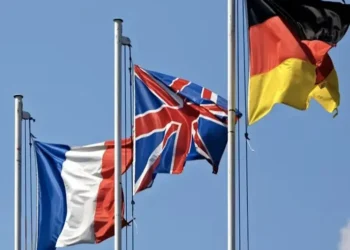Massive protests have erupted across Turkey following the arrest of Istanbul Mayor Ekrem İmamoğlu, a prominent opposition figure and key rival to President Recep Tayyip Erdoğan. İmamoğlu was detained on March 19, facing charges of corruption and alleged ties to terrorist organizations, accusations he firmly denies.
The arrest has ignited the largest wave of demonstrations in Turkey in over a decade, with citizens gathering in major cities such as Istanbul, Ankara, and Izmir to express their dissent. Despite government-imposed bans on public gatherings, protesters have taken to the streets, leading to clashes with law enforcement. Reports indicate that police have employed tear gas and rubber bullets to disperse crowds, resulting in numerous injuries and arrests.
In a significant escalation, authorities have detained several journalists covering the protests, raising concerns about press freedom in the country. The government’s actions have drawn criticism from international human rights organizations, which view İmamoğlu’s imprisonment as a politically motivated attempt to suppress opposition ahead of the 2028 presidential elections.
The unrest has also had economic repercussions, with the Turkish lira experiencing a sharp decline against the US dollar, and the stock market witnessing significant losses. These developments have intensified concerns about Turkey’s political stability and its impact on the nation’s economy.
As the situation unfolds, the international community continues to monitor the events closely, with calls for the Turkish government to uphold democratic principles and ensure fair treatment of political opponents.
Header image: Anadolu via Getty Images














